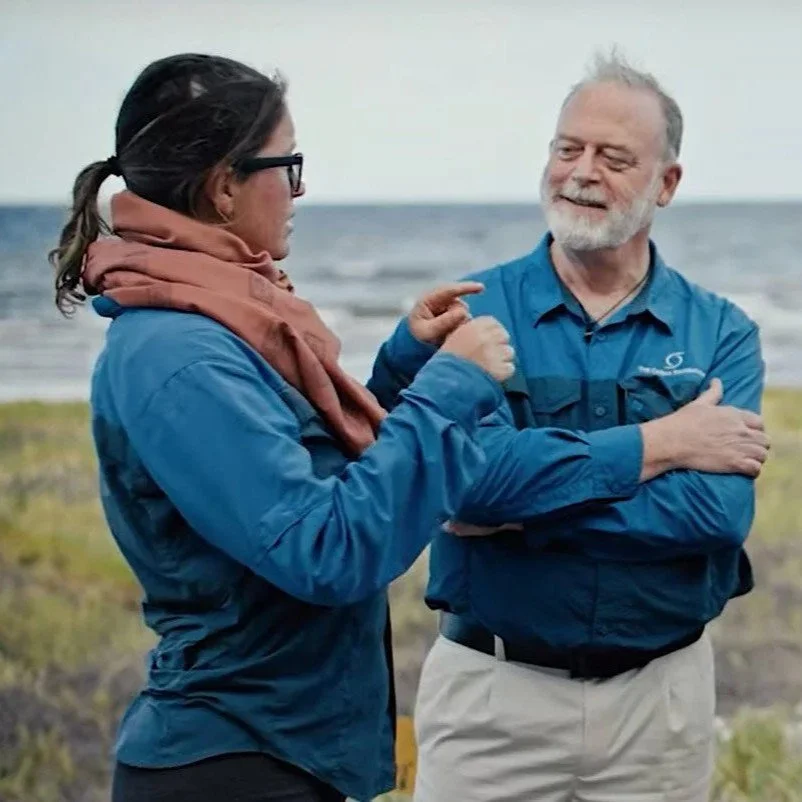Staff
Cecilia Fischer | Program Manager
Professional & Impact Focused - “A lifelong steward of Loreto’s land and sea, Cecilia leads programs that unite conservation, community, and culture.”
Mariana Urías | Communications Officer
Inspirational & Poetic - “Through her words and work, Mariana has spent her life giving nature a voice — and helping communities hear it.”

